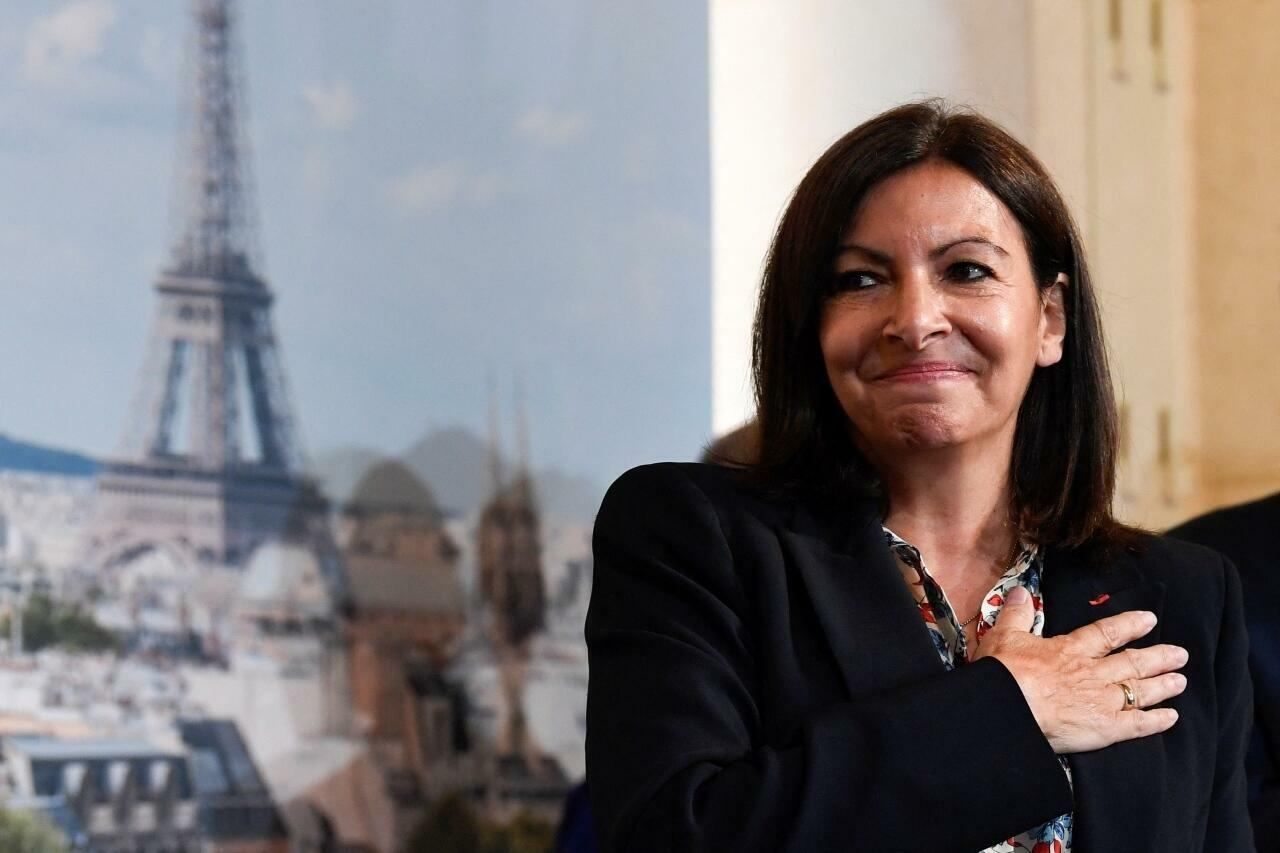Paris mayor's anti-Azerbaijani provocation stymies peace talks with Armenia

By Vugar Khalilov
The latest Brussels meeting between Azerbaijani President Ilham Aliyev and Armenian Prime Minister Nikol Pashinyan through the mediation of European Council President Charles Michel on May 22 yielded some positive results. The sides agreed on a number of key issues, including the establishment of the border commissions for the delimitation of the state border, of which, the first meeting was already held on the state border.
In general, the late discussions and agreements between the two hostile countries' leaders and high-ranking officials provide some optimism that, after more than 30 years of enmity, peace will finally come to the region and the two nations will begin to live side by side in harmony.
However, some countries do not appear to be as frank as they pretend to be, and do not want the relations between Azerbaijan and Armenia to genuinely normalize. On the one hand, they acknowledge Azerbaijan's territorial integrity and sympathize with the country's losses as a result of the long-running conflict; on the other hand, they express overt support for the separatist regime in Karabakh under the guise of human rights, in other words, solidarize with Armenia’s territorial claims against Azerbaijan.
In a tweet commemorating the country's Independence Day, French ambassador to Azerbaijan Zacharie Gross wished the Azerbaijani leadership "wisdom and courage to establish peace with Armenia"; however, it would make more sense if the ambassador had urged his fellow politicians to exercise "wisdom" and refrain from meeting with separatist leaders in Karabakh, which would exacerbate the Armenian-Azerbaijan conflict and threaten the regional stability.
On May 27, Paris Mayor Anne Hidalgo met with the so-called Karabakh leader,Arayik Harutyunyan, in Goris, Armenia, near the Azerbaijani border, on the fringes of her tour to Armenia. Hidalgo seems to have learned from the mistakes of her colleague Valerie Pecresse, who provoked controversy in Azerbaijan by illegally entering its internationally recognized territory, which is temporarily controlled by Russian peacekeepers.
Nevertheless, at the meeting with the separatist delegation, Hidalgo underlined that “Paris is ready to make the necessary efforts to support the people of Artsakh within the framework of humanitarian projects”.
Baku, for its part, invited the French ambassador to the Foreign Ministry and harshly condemned Hidalgo's meeting “with a so-called representative of an illegal entity in Azerbaijan”, emphasizing that “the illegal and irresponsible behavior of the Paris mayor is not in line with the post-war peace and confidence-building measures in the region”.
The ambassador was notified that the French official's action against Azerbaijan's territorial integrity is in plain violation of French law and the country's international commitments, and harms the French-Azerbaijani relations.
In December 2021, a similar event occurred when French presidential contender Valerie Pecresse made an illegal visit to Karabakh in order to gain support among Armenians in France. The illegal trips and backing for Armenia's territorial claims against Azerbaijan show that certain French politicians appear to prioritize their own interests over international law principles.
Back in January 2022, commenting on the scandalous voyage of Madame Pecresse to Khankandi, Azerbaijani President Ilham Aliyev warned: “If we knew that they (Valerie Pecresse with her entourage) were there, we would definitely not let them back.”
France was one of the primary nations responsible for the peaceful resolution of the Armenia-Azerbaijan conflict as co-chair of the OSCE Minsk Group, which was unable to produce any substantial results other than prolonging the process for almost 30 years.
Its double standards against Azerbaijan, as well as its support for aggressors, ended in a war between Azerbaijan and Armenia in 2020, with the former reclaiming its internationally recognized boundaries.
Following the 44- day war, a unique opportunity has been emerged for obtaining peace between Armenia and Azerbaijan and thus restoring peace in the region. However, the anti-Azerbaijan provocations and support for Armenia’s aggressive policy by some countries negatively affect the peace-building process.
On his Twitter account, ambassador Gross recently expressed his sorrow for an Azerbaijani citizen, who was injured in a mine explosion in the liberated lands of Azerbaijan.
“Sad to hear that a 23-year-old farmer, Xayal Abdullayev, was wounded on 28th May having stepped on a landmine in Fuzuli district. I wish him a full recovery. The French Embassy is supporting mine clearing in Azerbaijan by procuring detectors and tool kits for deminers,” Gross tweeted.
The envoy, on the other hand, refrained from criticizing Armenia, which is responsible for planting land mines in Azerbaijan's former occupied territories that cause causalities among innocent civilians.
France is said to assist Azerbaijan's demining operations but never demands on Armenia to pass over minefield maps to Azerbaijan in order to speed up the demining process and save innocent lives.
---
Follow us on Twitter @AzerNewsAz
Here we are to serve you with news right now. It does not cost much, but worth your attention.
Choose to support open, independent, quality journalism and subscribe on a monthly basis.
By subscribing to our online newspaper, you can have full digital access to all news, analysis, and much more.
You can also follow AzerNEWS on Twitter @AzerNewsAz or Facebook @AzerNewsNewspaper
Thank you!
